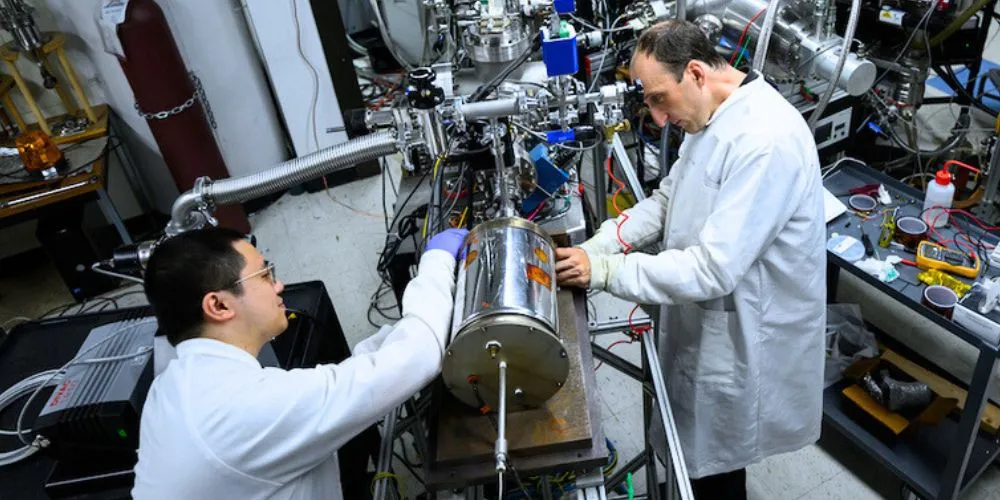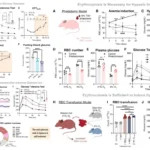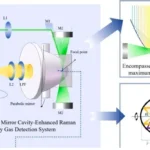Key Points:
- Michael Short and Weiyue Zhou of MIT investigate radiation-induced corrosion in molten salt-cooled nuclear reactors.
- Their experiments reveal that radiation can decelerate corrosion in certain alloys, challenging conventional understanding.
- The research provides practical guidelines for selecting corrosion-resistant alloys and evaluating structural integrity in reactors.
Michael Short, an Associate Professor of Nuclear Science and Engineering at MIT, and Weiyue Zhou, a postdoc at the MIT Plasma Science and Fusion Center, have made significant strides in understanding the complex interplay between radiation and corrosion in molten salt-cooled nuclear reactors. Their research, spanning eight years, sheds light on how certain alloys corrode when exposed to molten salt and radiation, with implications for the safety and performance of future nuclear reactors.
Traditionally, the corrosion process and radiation effects were studied separately, but Short and Zhou developed an experimental setup to examine both simultaneously. Their innovative approach involved bombarding metal samples with protons, simulating the effects of neutron bombardment in a reactor, while exposing them to molten salt.
The experiments revealed surprising results: radiation decelerated it in certain materials instead of accelerating corrosion under specific conditions. This finding challenges conventional wisdom and opens new avenues for enhancing the safety and longevity of molten salt-cooled reactors.
One key insight from their research is the identification of alloys that exhibit slower corrosion rates when irradiated. By analyzing the composition of alloys, reactor designers can select materials that resist corrosion even in the presence of radiation, mitigating the risk of structural failure.
Furthermore, Short and Zhou’s work provides practical guidelines for evaluating corrosion damage in molten salt reactors. They propose moving away from traditional measures like mass loss and instead focus on factors such as crack depth, which directly impact structural integrity.
The implications of their research extend beyond academia, offering valuable insights for industry stakeholders involved in nuclear reactor design and operation. Engineers can make informed decisions to enhance reactor safety and performance by understanding how materials behave under extreme conditions.





